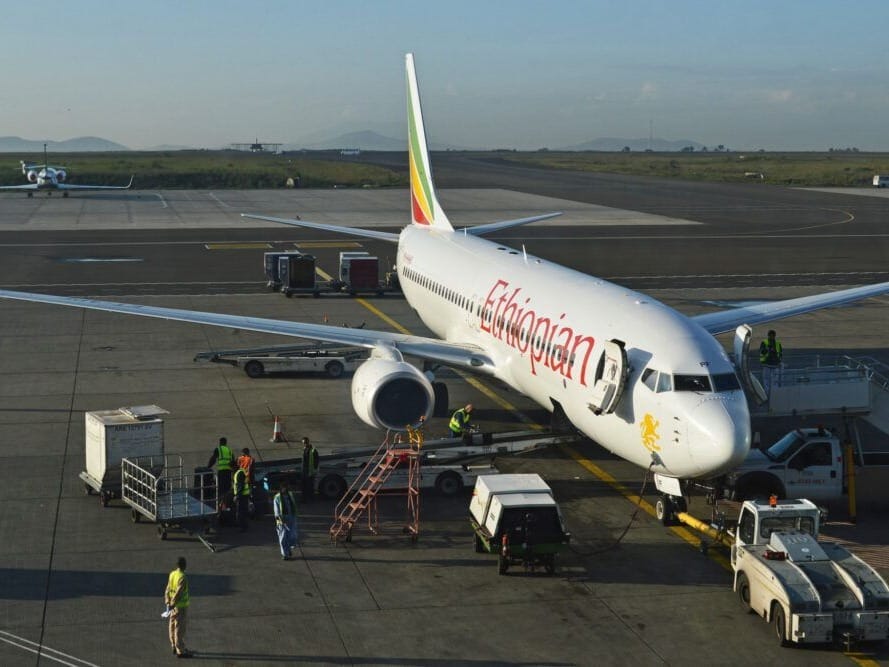The United Nations and other humanitarian and environmental organizations mourned the loss of 46 staff in a crash of an Ethiopian Airlines jetliner bound from Addis Ababa for Nairobi that killed all 157 people aboard.
The 46 staff worked for 28 U.N. agencies and other international organizations including a fair number who were headed to Kenya to attend the U.N. Environment Assembly, according to figures compiled by Arete News.







